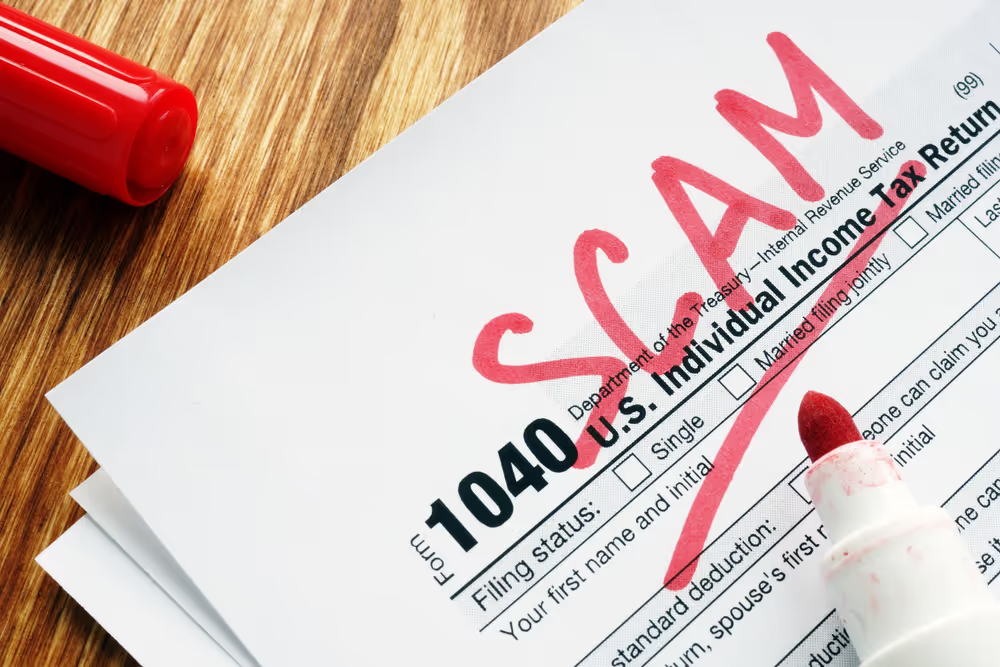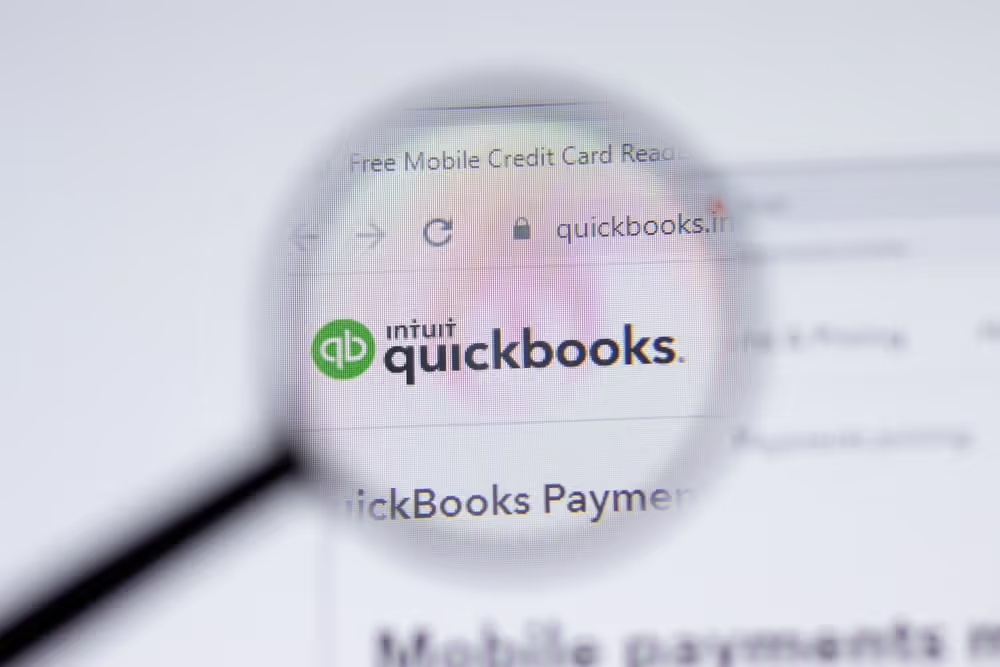Most Common Tax Scams for the 2022 Tax Season
Tax season has officially begun, and tax scammers are ramping up their efforts to steal personal identifying information from taxpayers. These individuals use your information to file a fake tax return in your name and claim a refund—and you won’t even know about it until you try to file a return yourself. While tax scams are about as old as taxes themselves, scammers are constantly evolving the ways in which they attempt to steal your data. Here’s what you should know about common tax scams for this year, and what you can do to protect yourself.
Know the Common Signs of a Scam
Even as scammer tactics evolve, there are some consistent red flags that you can be on the lookout for to identify a scam. Primarily, these signs are related to how they contact you. Scammers will most often make contact you via phone and email, impersonating the IRS—but the IRS will never initiate contact with you in these ways. Primary contact with the IRS comes via notices in the mail. So, if you’ve never received a mailer from the IRS, and you receive an email or phone call from someone who claims to be an IRS agent, this is certain to be a scam.
Sometimes, these scammers will attempt to collect payment from you, rather than simply trying to collect personal information. An IRS agent will never demand immediate payment or threaten you with legal action if you don’t pay right away. You should always be informed of your right to appeal, and will never be asked to pay using an unusual method like gift cards, prepaid debit cards, or wire transfers. These payment methods are very difficult to trace, which is why scammers prefer them.
If the scammers are trying to collect your information over the phone, they may use an automated message asking you to enter a Social Security number using your keypad. You should never do this. Additionally, as mentioned above, don’t give your information to anyone cold-contacting you and claiming to be from the IRS, as the IRS would never contact you in this way.
Email, Phishing, and Malware Scams
Emails continue to be a popular and common tactic for scammers. This is because they can send these emails out in mass batches, targeting thousands of people at once. These emails can often look very legitimate; the sender address will mimic the IRS’s website address, and the body of the email will often include the IRS logo. Again, keep in mind that the IRS will not reach out to you in this manner. However, you can also carefully examine the sender address, and make sure to type in a website they ask you to visit, rather than clicking links.
For example, if they tell you to “log into your IRS account,” and those words are linked, you should not click on them. Instead, go to IRS.gov yourself and log into your account from there. Often, scammers will embed links to other sites in these links, and send you to a website that will download malware onto your computer. That malware can steal your data as you type it into other websites.
Masquerading as Taxpayer Advocacy Panel
This year, scammers are broadening their playbook and no longer just pretending to be the IRS. They’ll also claim to be from the Taxpayer Advocacy Panel (TAP) regarding a tax refund. However, the same rules apply for this organization as for scams involving IRS impersonation: namely, they won’t cold contact you via phone or email, always double check sender address, and never click links or download attachments.
Scammers Are Targeting Employers
Another scam that’s growing in popularity involves targeting employers instead of individuals. Scammers have come to realize that, if they can fool the right person at one company, they can collect personal information for dozens or even hundreds of people. Employers possess W-2s and 1099s for every employee and contract worker, and those forms contain the exact kind of information these scammers want.
It’s vital that employers properly train their employees—especially staff members that have access to this type of information—on the signs of a tax scam we mentioned above. Put protocols in place for how this information is stored and handled, and learn how to confirm whether or not the person you’re speaking to is an IRS agent.
How to Protect Yourself
In addition to learning how to identify a scam, two of the best ways you can protect yourself from becoming a victim are enrolling in the IP PIN program and filing your return early. The IP PIN programs provides you with a unique PIN every year, and the IRS won’t accept a return without that number; so, even if scammers get your information, they can’t use it to file a return for you.
Because scammers rely on filing that false return before you and collecting that fake refund, filing early is also a great defense against these scams. Contact us for an appointment, and we’ll help you get your tax return filed as soon as possible.
%20(1).avif)
Peter Demian is a highly-rated CPA specializing in accounting and tax services for individuals and businesses across 49 states. He offers expertise in tax strategies and assistance with IRS settlements.


.svg)





